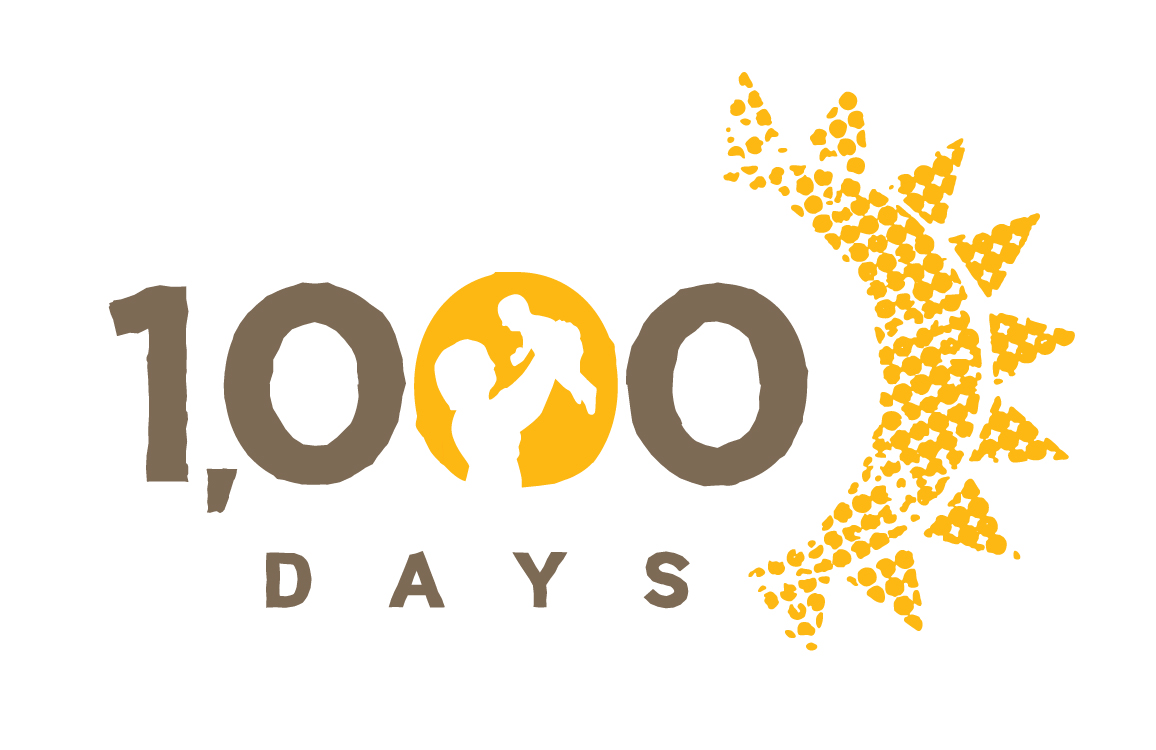Closing the Gap by Opening a Window for Nutrition
By Lucy Sullivan, Executive Director; 1000 Days
If we’re serious about closing the global poverty gap, then we have to get serious about improving nutrition. Nutrition provides the foundation of good health and development. At an individual level, nutrition affects virtually every aspect of a human being’s physical and intellectual development. At a global level, how well (or poorly) people are nourished affects the overall health, prosperity and stability of communities and societies.
Yet ironically, poor nutrition, or malnutrition, is one of the world’s most insidious, yet least addressed, health and development challenges. Malnutrition is responsible for nearly half of all childhood deaths and keeps families, communities and countries locked in a cycle of poverty.
In order to tackle the problem of malnutrition effectively, we have to start at the beginning. Literally.
It is early in life — from a mother’s pregnancy to her child’s second birthday — when undernutrition poses the greatest threat to a child’s ability to survive and thrive throughout life. The damage to children’s’ brains and bodies caused by poor nutrition during this critical 1,000 day window from pregnancy to age two can be irreversible.
This has profound consequences for both individuals and societies. Poor nutrition early in life can make a person more susceptible to infection and chronic disease, significantly increasing the human and economic burden of diseases such as HIV/AIDS, malaria and tuberculosis. It can impair brain development in such a way that it leads to lower educational performance and reduces an individual’s earning potential by more than 10 percent over his or her lifetime.
Taken together, the health and development impact of early undernutrition is significant — it costs not only lives, but it also costs countries up to 11 percent of their gross domestic product (GDP).
The role that nutrition plays in perpetuating disease and poverty cannot be overstated. Leading economists and health experts agree that improving nutrition, particularly in the 1,000 day window, is one of the best investments the world can make to achieve lasting progress in global health and development.
Closing the gap means opening the window for every mother and every child, everywhere, to survive and thrive with good nutrition.
About 1000 Days:
The 1,000 Days partnership promotes targeted action and investment to improve nutrition for mothers and children in the 1,000 days between a woman's pregnancy and her child's 2nd birthday when better nutrition can have a life-changing impact on a child's future and help break the cycle of poverty. Find out more at: http://www.thousanddays.org
